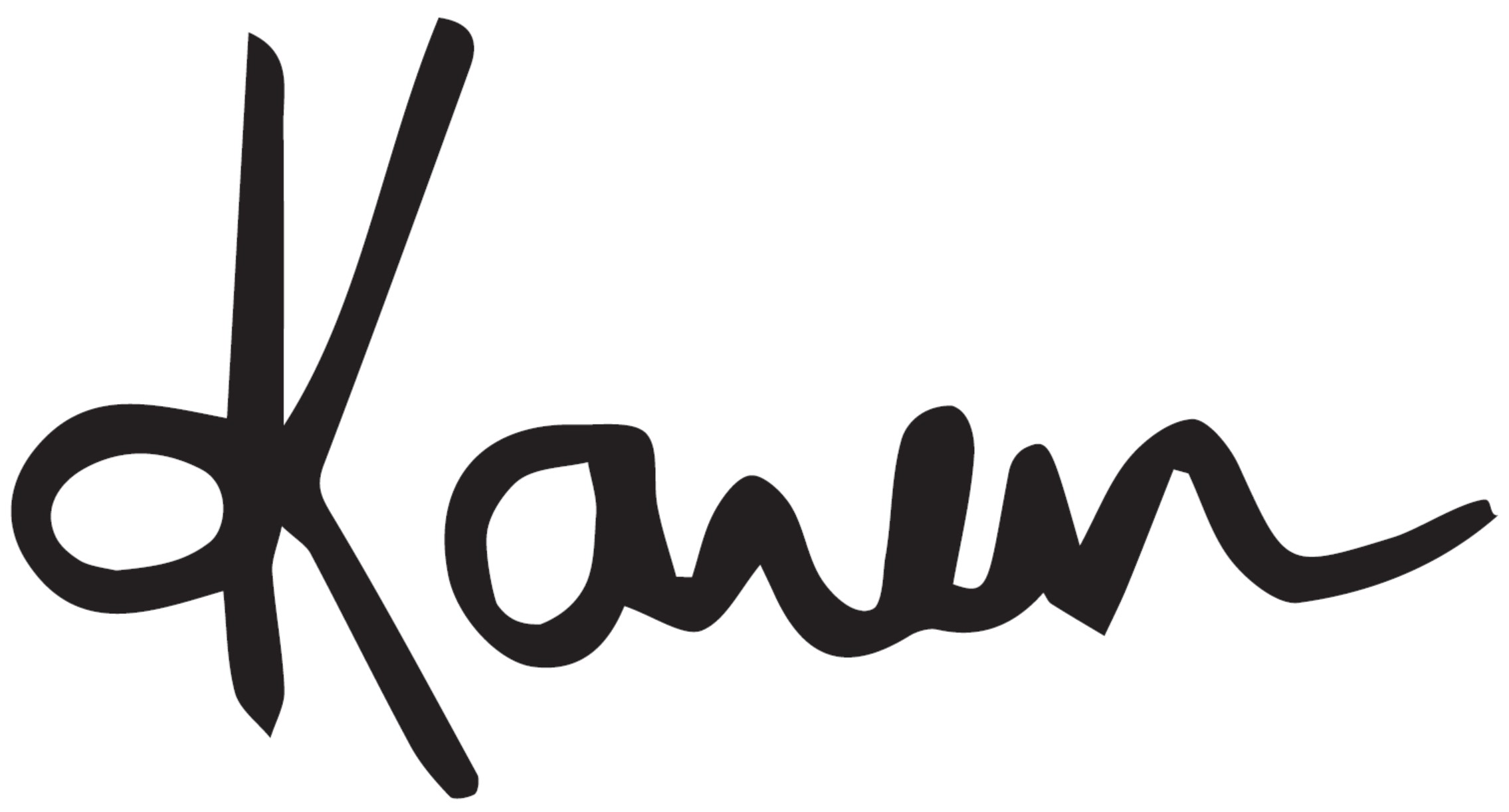
As the world recovers from COVID-19, massive changes are afoot — and not all of them are pleasant. Society is polarized and divided. The economy is constantly fluctuating. And our environment is suffering. Add to this massive technology disruptions and new post-pandemic working norms, and it’s clear leaders face an uphill battle.
The good news is that there are things you can do today that will make a significant difference to your organization tomorrow. It might feel pointless to try to forecast the future beyond a few weeks or months. But as futurist Amy Webb points out in this issue, developing strategic foresight will result in preparation, not predictions. In this issue of Rotman Management, we share some of the insights, concepts and tools required to future-proof your organization.
We kick the issue off on page 6 with an excerpt from Rotman professors Ajay Agrawal, Joshua Gans and Avi Goldfarb’s latest book, Power and Prediction: The Disruptive Economics of Artificial Intelligence. In it, they argue that AI has the potential to reduce discrimination across domains. On page 18, NYU Professor and Futurist Amy Webb presents the tech trends that every leader must understand — spanning the spectrum from wearables to digital personas. On page 24, Rotman professor David Zweig argues that leaders face a historic opportunity to reset and reshape their organizational culture for the better. And on page 42, Sarah Kaplan and colleagues from the Rotman School’s Institute for Gender and the Economy share insights for creating value in the Care Economy.
Elsewhere in the issue, Google’s Cathy Hackl and her coauthors show how the ‘Metaverse’ is taking shape on page 30; eight of Canada’s top executives share their key learnings from the pandemic on page 36; and Rotman Professor Partha Mohanram talks to Sam Pitroda about how to redesign our world on page 54. In the Idea Exchange section, Rotman Research Fellow Jingqi Yu describes how social learning impacts our choices online on page 108; Stanford dSchool’s Andrea Small and Kelly Schmutt discuss how to navigate ambiguity on page 125; and Rotman faculty Opher Baron, András Tilcsik and Bing Han share their latest insights.
Amidst all the uncertainty and ambiguity, we all need to shift our view of the future to a narrative based on opportunity. The truth is, we can create far more value, more quickly and with far less resources than would have been imaginable a few decades ago. But to achieve this, leaders must adapt and re-set, because to paraphrase management guru Marshall Goldsmith, ‘what got us here won’t get us there.’
As Lynda Gratton points out in our Thought Leader Interview on page 12, increasing workplace flexibility means many of us will have more time for ourselves, our families and our communities going forward. And this newfound time is really about one thing: getting back to being more human. We face an opportunity to create a future where we are not only more productive in our work, but also more fulfilled as human beings. To quote futurist Elatia Abate, forget everything you think you know about the future of work, life and humanity. And let’s start creating it.

Karen Christensen, Editor in Chief
editor@rotman.utoronto.ca
Twitter: @RotmanMgmtMag
Share this article: